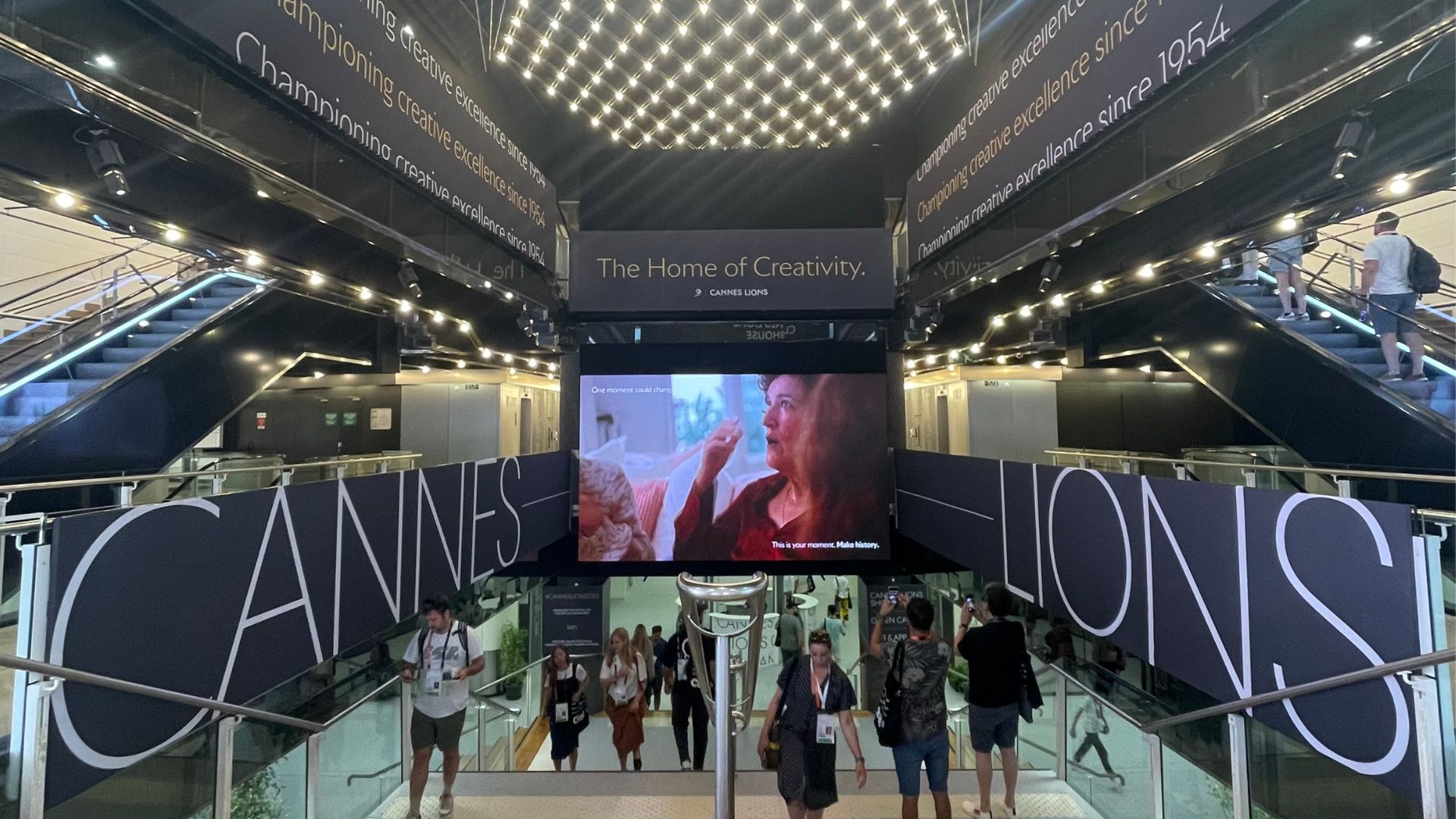 As Seen In…PRMoment
As Seen In…PRMoment
At the age of 25 I was all about having fun. I’d landed a decent job at an NGO in Washington, but I figured I had all the time in the world to build a proper career. In fact, it probably wasn’t until my mid-30s that I really knuckled down at work. What were you doing at 25? Do you remember that time you thought you were going to get the sack? How naive you were about business? The hangover sickies you pulled? The liberties you took?
It’s easy to fall into the trap of thinking today’s young pros are much the same as we were. It’s easy to assume they are going through essentially the same life journey as we did – in a similar environment, with similar strengths and weaknesses. After all today’s under 25s dress and talk differently, just as we did. They too are more tolerant, liberal and progressive than their predecessors. They too are (of course) at the beginnings of their careers so less knowledgeable about both our industry and office politics.
But three important things have changed since I was 25 and together they make me think that if you’re of a certain age (let’s say above 35), the “old you” simply couldn’t do the “New PR.”
Firstly, PR itself has fundamentally changed. As Lynne Anne Davis, president of the Cannes PR Jury recently said: over the last few years the industry has undergone a magnificent evolution. New PR is now demonstrating its full channel agnostic power for building trust with authenticity and driving meaningful change in minds, societies and lives. The days of just getting media coverage are long gone. With social now absolutely mainstream the whole tempo of our work-lives has accelerated. This pace, broader scope of responsibility, and greater transparency through big data, mean we now operate in a different workplace.
Secondly, a new standard of professionalism is pouring into the PR industry with new pros bringing exceptional attitudes and highly marketable skills from a young age. At the Cannes Lions Festival my firm sponsored the Young Marketers competition, and together with other agencies we supported the Young PR Lions via ICCO. I was so impressed with the maturity of all the competitors. Each competition gave 18 teams from around the world 24 hours to develop a creative brief for a charity. You might expect the Young Lions to have been distracted by the dizzying cocktail of sun, brilliance and late nights available. But without fail they were all absolutely focused on the competition, because it would aid their careers.
Thirdly, this new generation of pros is more skilled than ever before. Not only is academic attainment up in general, but such is the competition for jobs in PR that the bar has been raised from those with the right qualifications to those who can also show evidence of genuine passion, drive and commitment for what we do. These days we hire people who blog, people who are already in touch with key influencers and people who can show a mastery of social tools. If you’re aged 25 or less you’ve grown up with digital. You are not so much developing new work skills, as those before you had to do, you are migrating your existing behaviors and instincts into the workplace.
The arrival of New PR, the higher standards of professionalism we’re witnessing, and the different skills young pros bring, persuade me that the old us wouldn’t be so great in today’s industry. We (if you’re over 35) came into this business when it operated in a different way, we had a different mindset, and we brought skills that are now less in demand. To stay on top we’ve had to change, and only time will tell whether we’ve adapted well enough.
Our next challenge is twofold. To ensure we do everything we can to help the next generation of pros put our industry at the center of campaign leading ideas. How we equip our younger colleagues to meet that goal will shape both how PR evolves next and the new standards of professionalism and skills we’ll need in a few years from now.
Also I think there may a great divide coming. One where there will be winners, survivors and those who find themselves left behind. A defining aspect of New PR is how it continually requires an investment in higher standards and emerging skills (click to tweet) – or in other words a “new you.”


